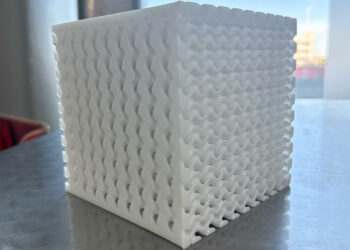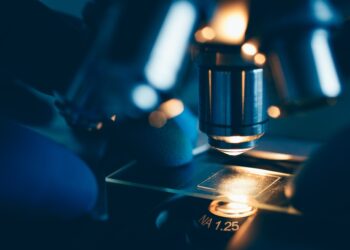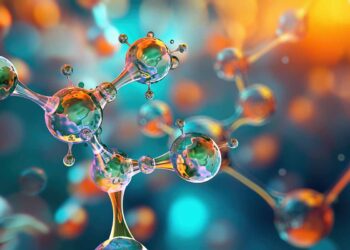A study from Iowa State University researchers explored the risks posed by non-intentionally added substances in recycled polyolefin materials used in food contact packaging.
Scientists at the Iowa State University Polymer and Food Protection Consortium pointed to the necessity of monitoring non-intentionally added substances (NIAS) and regulations to limit the use of potentially harmful additives in both virgin and recycled plastics.
NIAS “are not added into the polymer to impart technical benefits,” the study stated, but are often byproducts from the degradation process, manufacturing process or created during consumer use.
“More monitoring would enhance the safe recycling and disposal of plastic waste – which are key to building a more circular economy,” a press release noted.
The researchers identified nine substances in the virgin polyethylene samples and 52 components in the recycled polyolefin samples. They included hydrocarbons, aldehydes, alcohols, phthalates, carboxylic acids, per-and polyfluoroalkyl substances (PFAS), ketones and amines.
Most of the compounds detected can be attributed to degradation products, process additives or food additives in the samples, the study added.
“The detection of hydrocarbons, polycyclic aromatic hydrocarbons (PAHs), and other potentially harmful substances in recycled polyolefins raises concerns about exposure to these compounds during the use and disposal of plastic food contact products,” the press release stated.
The study was supported by the Polymer and Food Protection Consortium at Iowa State University and the Institute for the Advancement of Food and Nutrition Sciences (IAFNS) through a grant from the Food Packaging Safety and Sustainability Committee.





























